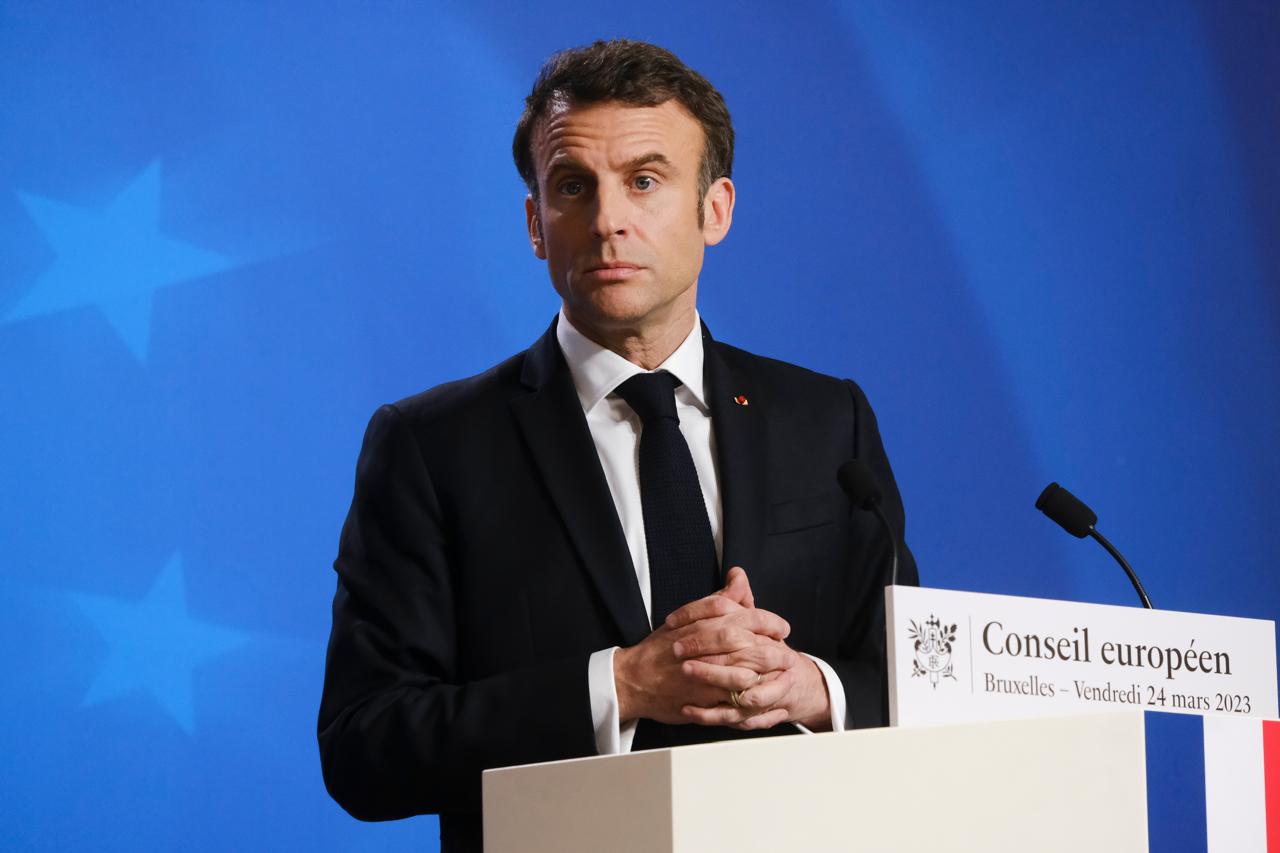France’s political arena is witnessing an unprecedented shift as President Emmanuel Macron’s centrist alliance suffers a major setback. Once considered a fringe movement, the far-right National Rally (RN) party is now on the brink of power. This unexpected turn of events has left the nation and the world pondering the implications.
The Rise of the Far Right
The RN surged ahead in the first round of France’s parliamentary elections, capturing 33% of the vote. This marks a historic moment as the RN could become the first far-right party to enter the French government since World War II. “Tonight is not a night like any other,” Prime Minister Gabriel Attal said solemnly. “The far-right are at the gates of power.” Meanwhile, the left-wing alliance, New Popular Front, garnered 28%, while Macron’s Ensemble alliance lagged with 21%.
Three Rival Blocs
Only 76 candidates secured seats in the 577-seat parliament during the first round: 39 from the RN and its allies, 32 from the New Popular Front, and just two from Macron’s alliance. The second round will decide the remaining seats, with significant political bargaining expected. The landscape is now divided into three rival blocs, creating an unprecedented situation with a record number of three-way races.
Strategizing Against the Far Right
This year’s elections have significantly shifted, with around half of the constituencies witnessing three-way races. The left-wing New Popular Front has pledged to withdraw all third-place candidates to prevent far-right victories. Macron’s alliance, however, has been less definitive, with only the prime minister insisting that “not one vote should go to the far-right.” Ultimately, the decision to withdraw remains with individual candidates, and voters will have the final say.
A Global Implication
The outcome of this election has global ramifications. Marine Le Pen’s RN party, known for its euroskeptic stance, questions the very foundations of the European Union. While no longer advocating for a full-blown “Frexit,” their manifesto aims to weaken the union and regain more national control. This shift could benefit far-right leaders across Europe and align with Russian interests, given Le Pen’s past admiration for Vladimir Putin.
Uncertain Future for Macron
If the RN dominates the parliament, it could spell disaster for Macron’s presidency. The president might have to appoint a prime minister from the winning party, potentially putting a political opponent in charge. Jordan Bardella, RN’s leader, has stated he would only govern with an absolute majority, which seems unlikely based on the first round’s results. This scenario could lead to a political deadlock, stalling Macron’s agenda and plunging France into uncertainty.
France stands at a political crossroads with significant implications for both domestic and global politics. The rise of the far-right RN party challenges the established order, and the second round of elections will be crucial in determining the country’s future direction. The world watches as France navigates this pivotal moment in its history.







